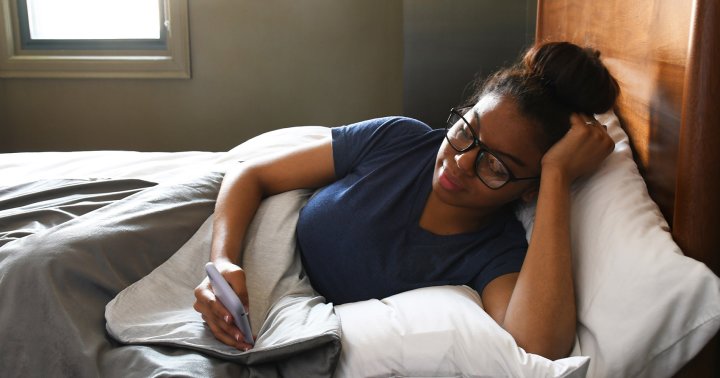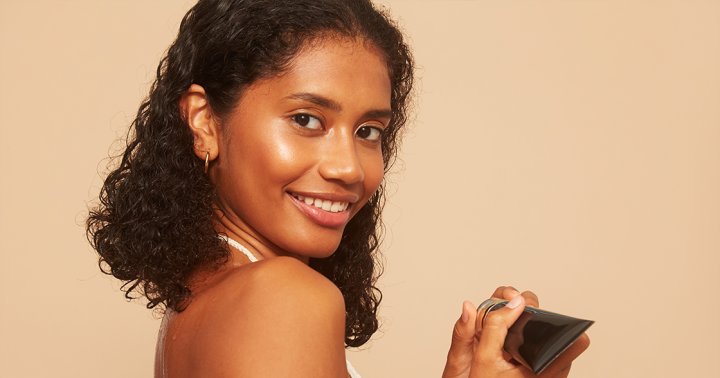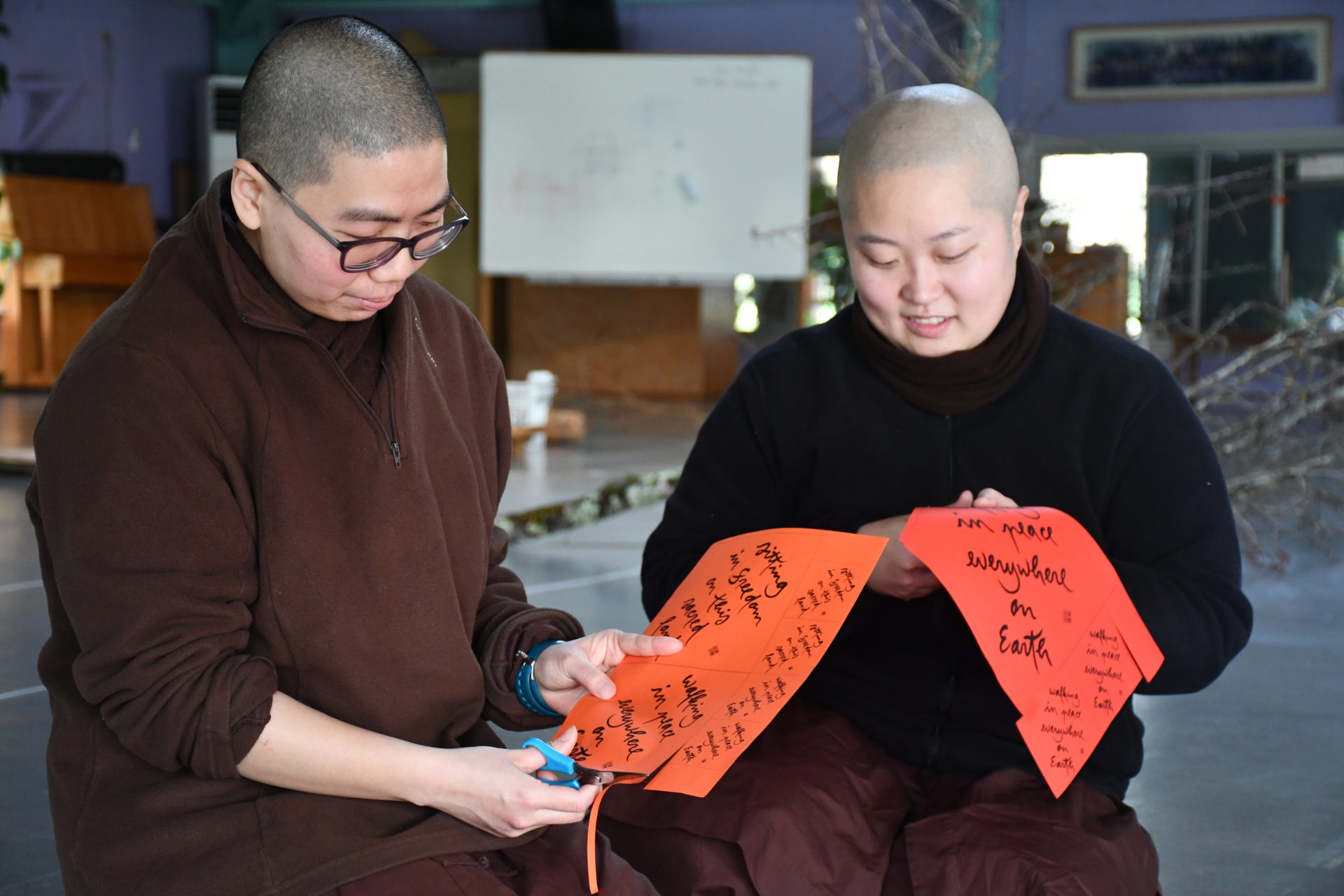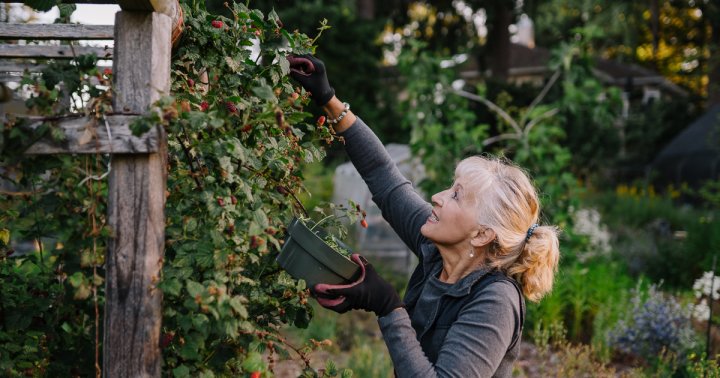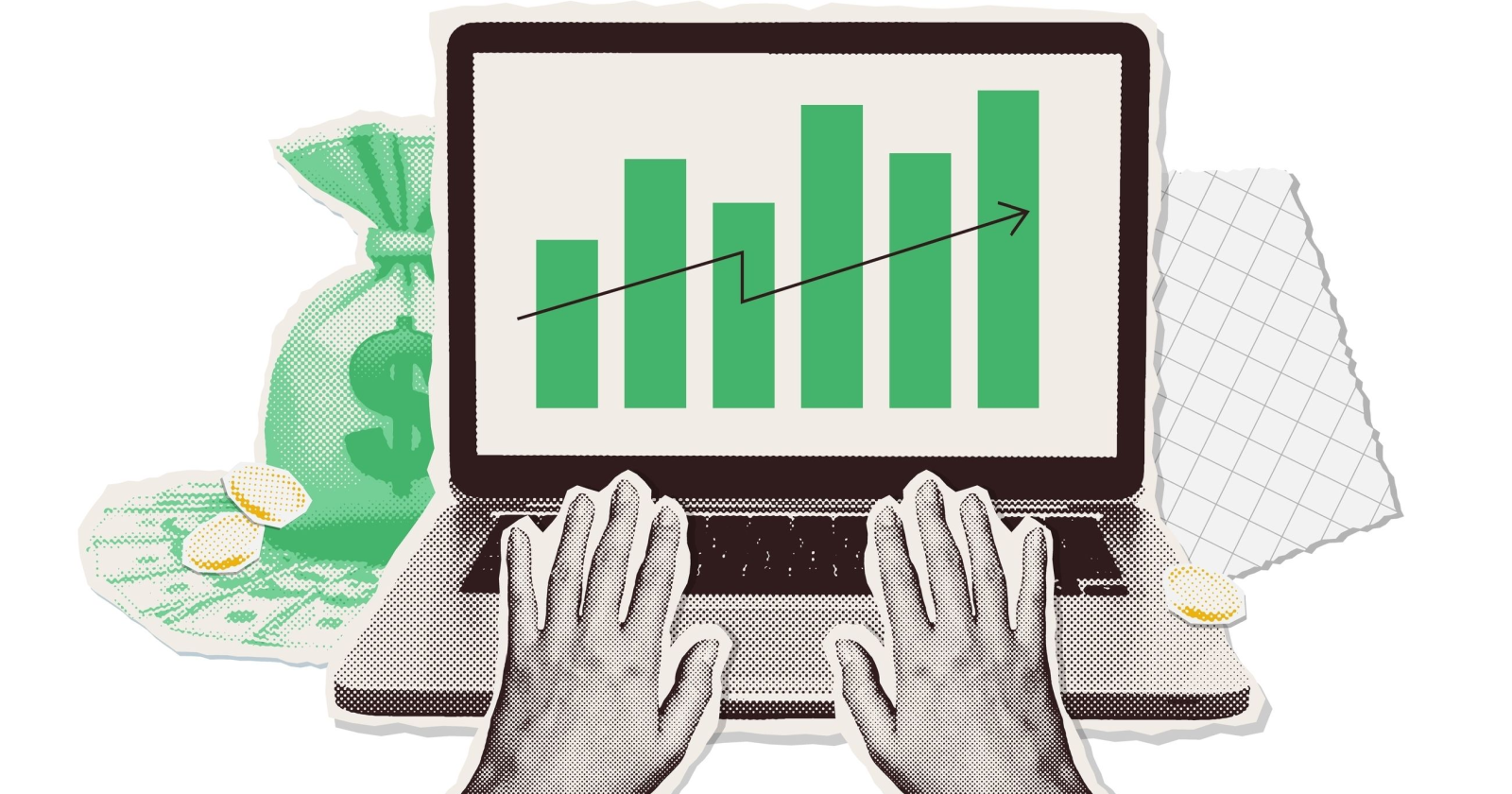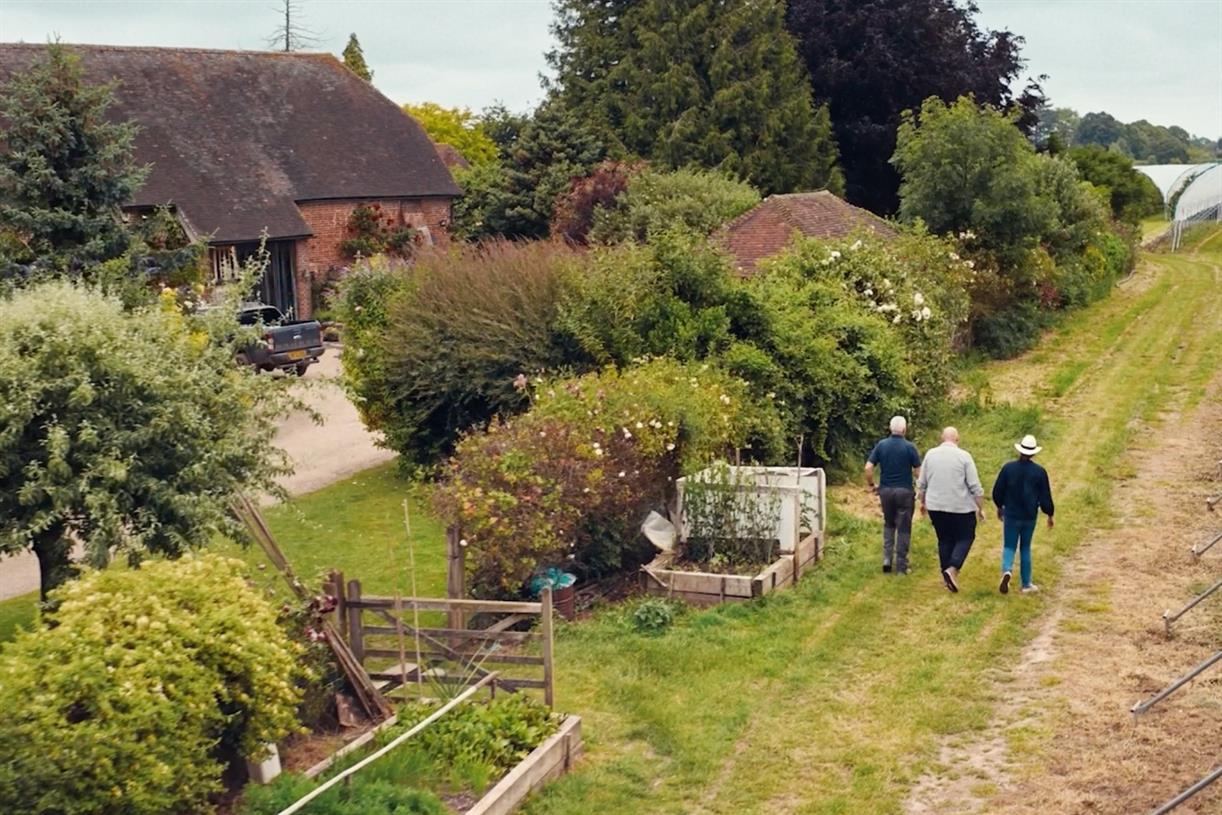My Second Mother: When Someone Steps Up Like Family Never Did
We are all blessed with two birth parents, and if we are lucky one or two of those are positive role models and on board for at least some portion of our lives. If we are really lucky, we...
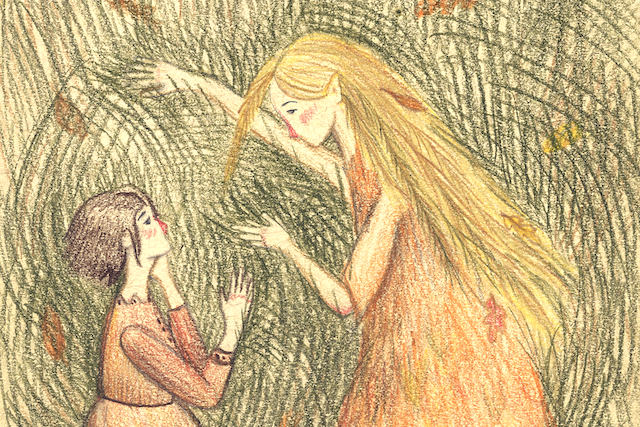

We are all blessed with two birth parents, and if we are lucky one or two of those are positive role models and on board for at least some portion of our lives. If we are really lucky, we may have the good fortune to score another mom or dad figure, someone who appears virtually out of nowhere, as fate or serendipity might have it, and takes us under their propitious wing.
Such a thing happened to me in the form of a bright, spunky, and emotionally generous woman named Joanie Arnesty, who helped me through the veil of darkness that infiltrated every corner of my being.
As a child of a German-Jewish Holocaust survivor, my mother’s past of suffering and trauma filled my own life with perpetual sadness, which I found difficult to eviscerate.
There was scant laughter in our house and constant retellings of what my maternal family had gone through in World War II and how many of them had perished in the Shoah. I yearned for the happy childhood I intuitively felt was my birthright but which evaded me because the spectre of war filled up our entire home.
Although grateful for my parents, I felt the emotional burden of my mother’s scarred and tattered life to ultimately be too much, and I fled at age nineteen to a coastal California town to begin a college life. I was excited by the prospect of sand and sea at my doorstep and new stories and events that had nothing to do with the Holocaust, which had stolen so much from us.
Throughout my adulthood I wondered why I had not been given a happy family and a childhood that was punctuated with cheery memories.
In every photo that was taken of me by my Polish father—who had hoped to become a photographer but instead found himself bitterly working in low-paying factory jobs, never with anyone who appreciated his creative intelligence—I look depressed and off-kilter, as if the vagaries of life have already turned me to the dark side.
My mother has piled my auburn-colored ringlets high atop my head, in some vague European-influenced do, and I am wearing clothes that are old beyond my years, somber and unflattering, out of step with the fashion of the day.
In those pictures it looks as if I am always on the brink of tears, under the impress of her reminders that I should not be pouting, or acting “beleidig” (the German word for angry), and should be grateful for my very life when so many had died during World War II.
When I was finally able to leave the house of despair that was my family, I felt I had been given a second chance at life, although throwing off the yoke of depression would be a battle I’d fight my entire existence. It still pulls at me with its relentless and intractable force, not stayed or mitigated by a battery of allegedly efficacious anti-anxiety/anti-depressant meds in conjunction with weekly psychotherapy.
When I look back the years often blur, although I seem to remember with some affection those when I lived in the world of academia.
I made my way through undergraduate school, a year of graduate school, and finally three years of law school. Not in any of those venues did I ever meet anyone whose parents were Holocaust survivors or who seemed to live daily with the scourge of the remembrances attached to that horrific event.
I had long ago learned to blend in, to shed the apparent manifestations of an inherited life where pain, not pleasure, always predominated. I chose as my companions those who laughed easily and often, who absorbed the impostor that I always felt I was without any real resistance.
In my thirties, then settled in Berkeley, California, and working in the legal field, I met someone who would change the architectonics of my life and the notions of family, from the fragmented moorings of a biological one to a new definition of what benefits an intentional family might confer.
Joanie Arnesty entered my life, encountered at some now forgotten community event, and became the mother I had always hoped for, full of effusion and contagious laughter and shining hopes.
The first time we met I recall her saying “Such a beautiful girl you are! That hair! People would die to have that glorious mane of hair. And a law degree? Beautiful and smart! Well, that’s the icing on the cake!”
Compliments were not the tender my parents traded in, and I yearned inveterately to hear a good word thrown in my direction. With my own son, I have emphasized the importance of being around what I call “encouragers”—those who not only give you emotional support but do it with a fiery and unrelenting vengeance. These are the folks who throw fairy dust on any situation, and you emerge wiser and better.
Joanie, who was my mom’s age, was the physical embodiment of the epiphany I needed and became the female parent who helped me navigate the sudden storms and vicissitudes of life and celebrate the good times.
The turbulences of her own life seemed to have borne no apparent adverse impacts upon her. The product of an out-of-wedlock pregnancy, she lost her own mother, a Jewish woman who worked as a nurse and got involved with a married Irish Catholic man named John Brown, around five years old.
Raised by her mother’s sister, she inherited her father’s red hair and storied charm and wit but never met or even saw a photo of him.
After high school, she married a man who, in quick succession, gave her three brilliant daughters, but there were black eyes and beatings, which finally caused her to run with just the clothes on her back and the three children in tow.
When I think of Joanie, I remember the name of a film, The Unsinkable Molly Brown, which turned out to be a perfect descriptor of her. A single parent, she raised three girls, with never a male in the picture, all embodying her own unshakeable confidence and optimism.
She watched them eventually attain professional identities, as an optometrist, pediatrician, and university professor. During their childhood she held numerous jobs and worked as a seamstress, baker, cook, and babysitter and lived a lean but happy life, never dwelling on her own misfortunes, which were incontrovertibly substantial.
As our friendship grew from a chance meeting, I grew comfortable in sharing insecurities and what it meant to have never felt comfortable in the family I was born into.
When I told my own mother one day that I wanted to be a writer, she yelled at me in German that this was “a stupid idea” and added “you have a lot of those.” I never forgave her for that outburst, and I still feel the sting of what it means to be deeply and disinterestedly misunderstood.
I shared my mother’s words one time with Joanie, and this woman, who admittedly was not book-smart and tutored, said energetically to me, “The meaning of life is to find your gift. The purpose of life is to give it away. Pablo Picasso said that. I saw it in a magazine and I cut the words out and put them on the refrigerator.”
And there they were on her old General Electric fridge, with magnets on each end, their wisdom illuminated in the midst of Safeway coupons and doctors’ business cards.
“You need to have faith in yourself and to follow your dream. You are a great writer, but you need to first and foremost believe that yourself.”
I have many failings but do not number among them the inability to listen closely.
The reality is that we may not have parents that are a good or appropriate match for us, but it is within our power to seek out those who can fulfill these roles. I consciously chose Joanie as a second mother, who encouraged me to feel that I was good and able enough and deserved the fruits of a celebratory life.
In time she introduced me to my husband, saw me through a difficult pregnancy, and threw a large and amazing baby shower, replete with a ton of baked dishes and desserts, scratch-made by her.
She seemed able to put her unique and affectionate brand on everything. She loved and worried over my son, who was born with congestive heart failure and an array of other medical conditions.
She once said to me “you’re my fourth daughter,” and my eyes filled with tears. She was always at my side, bouncy and ebullient, helping to lift me emotionally when I so often foundered.
My own mother, 800 miles away in Los Angeles, issued regular rebukes and continued her criticism, saying that I had ruined my life, remaining emotionally distant and mired in depression after my father’s passing.
She could never see my life because hers was always in the way. It was as if she had no happiness to give anyone, including herself, and the role of a biological parent disappeared into the background.
What I have taken from my own story is this: We don’t all have parents who can offer us the love and encouragement we need, but we can all search for a parent or a mentor to fill in the spaces where support is lacking. It’s not always easy to find a person who can fill that role, but there are lots of good people out there with love to give. We just need to open our eyes and hearts to find them.
In my case, I required encouragement and someone who was willing to listen closely. I needed laughter because there seemed so little of it in my own familial background.
I remember seeing another quote on Joanie’s refrigerator that stood out, remarkable because it really captured the essence of who she was. I wrote it down on a yellow post-it and have it to this day:
“Nothing is worth more than laughter. It is a strength to laugh and to abandon oneself, to be light.”
The author was Frida Kahlo, a Mexican artist who I was not familiar with at that time. Joanie taught me the importance of rising above what could be the oppressive weight of life, of laughing often and out loud, and embracing a path of positivity.
The photo of my son and I on her desk shows us both smiling, seemingly recovered from our battles— mine of a life filled with emotional turbulence and his of a successful fight with a life-endangering condition.
Years later, when I moved to central California, I wrote her a letter and told her that I was writing again, that I had returned to what I characterized as being a “wordsmith.” A week later I received a beautiful card and opened it to see the words imprinted in a careful and deliberate hand: “Always be yourself. And be grateful for your gift and the ability to share it.”
I do not know that I am a good writer or that any critical commentary will make such a determination. But I do know that having a second mother, who stepped in time with me like some ineffable Mary Poppins character, made a difference. Her enthusiasm and encouragement restored to me the idea of what a family who embraces you really feels like.
In the end it is not the biological bonds that necessarily provide succor and strength and understanding—there are other mothers and fathers to be found, intentionally or not, that can provide those qualities as well.
Here is to all the Joanie Arnestys in the world that have rescued the people whose families were emotionally missing in action and gave us the hope to soldier on and create new networks of families to lean into.
Anf if you haven’t found your own Joanie yet, here’s to you for moving through this sometimes challenging life without the love and support you’ve always deserved.
![]()
About Renee Skudra
Renee grew up near "big water" (Niagara Falls) and feels best when she is near the ocean with her son and Bichon Frise, Jackson, and has a few novels and a dark chocolate bar with her. She thinks the best advice to an aspiring author was a line in "Throw Momma From the Train" when Billy Crystal told his student Danny DeVito "a writer, writes." That is what she is trying to do.
See a typo or inaccuracy? Please contact us so we can fix it!

 Tekef
Tekef 








